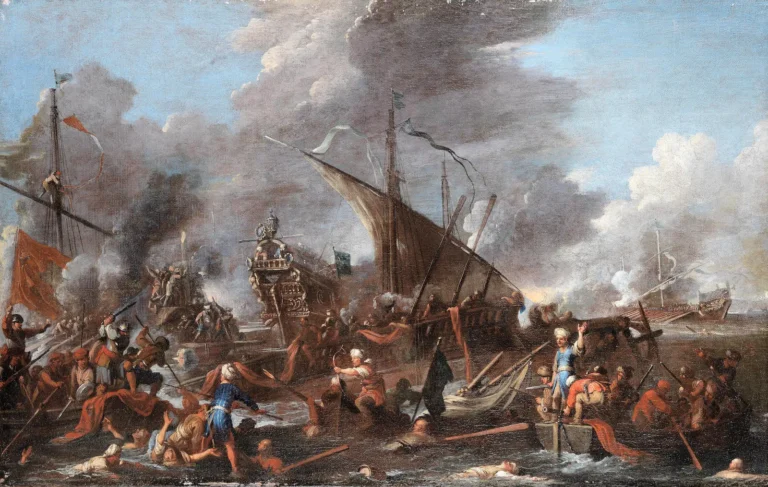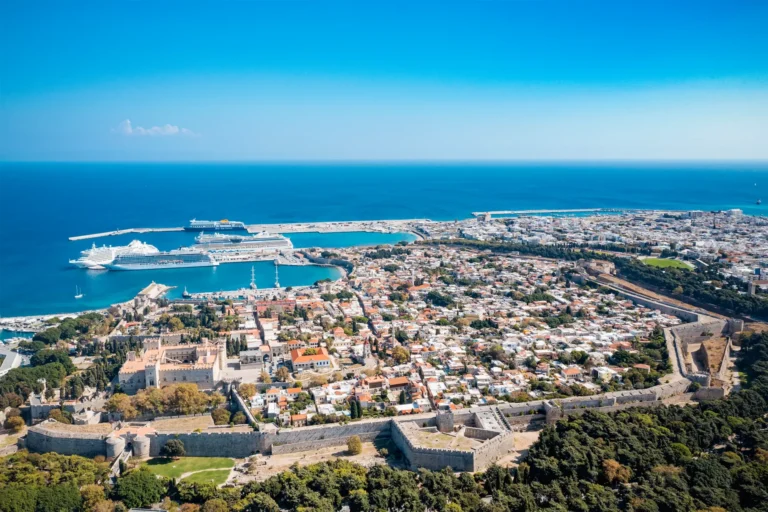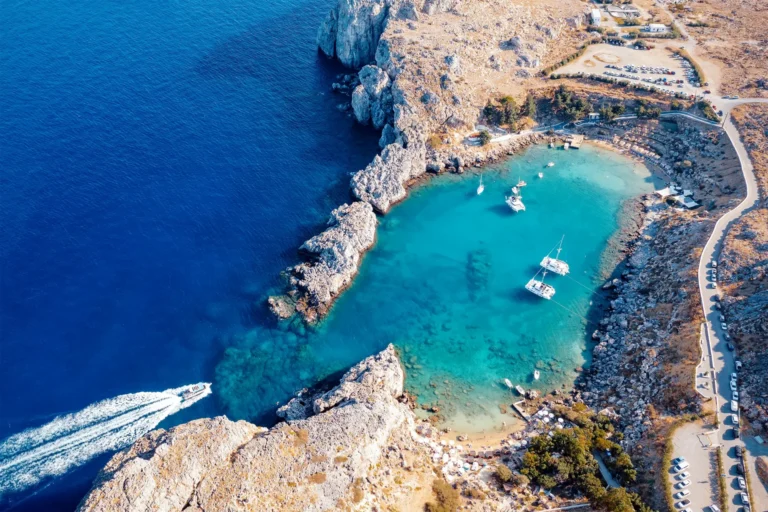
The Integration of the Dodecanese with Greece

March 7, 1948 marks a historic milestone for Rhodes and the rest of the Dodecanese islands. It is the day these islands, the last link in the chain of national integration and the establishment of the modern Greek state (Hellenic Democracy), became an integral part of Greece.
Throughout their long history, Rhodes and the Dodecanese, followed the fortunes of Hellenism. Eras of freedom and prosperity were followed obscure years of decline. Nevertheless, through the centuries their identity, the impetus of the Greek, remained intact. Fair in soul in unbearable situations, when the fullness of time arrived, they united with the free Fatherland.
The Integration with the Greek State came after many years of struggles and sacrifices of the enslaved people Dodecanese. The first attempt was made on June 4, 1912 when representatives of the islands, organized the Pan-Dodecanese Congress of Patmos and declared the independent State of the Aegean. But it was the defeat of the Nazis during the WW II where Greece fought decisively and with many loses, on the side of the Allied Forces, that led the way to the Integration. Below is a chronology of the major events of that time:
- November 9, 1940: Constitution of the Regiment of the Dodecanese Volunteers with Ioannis Kazoullis initiator and first provisional commander Major Markos Kladakis from Symi and the participation of youth that manage to escape from the islands, under the Italian rule.
- September 8, 1943: The fall of Mussolini on July 25, 1943 and the capitulation of the new Prime Minister Pietro Badoglio on September 8, 1943, also known as Armistizio, marks a series of dramatic developments in the Dodecanese. The administration of the Dodecanese is taken by the German General Ulrich Kleeman.
- 8 May 1945: The leader of the German occupying forces, General Wagener, signs in Simi the protocol of unconditional surrender of the Dodecanese to the British Allies Forces and the commander of the Ieros Lohos (a special Greek Army division), Colonel Christodoulos Tsigante.
- 9 May 1945: British forces (Indian battalions) and men of the Ieros Lohos are landed in Rhodes. The people of the town and villages, welcome the troops holding Greek flags. The period of the British rule of the Dodecanese begins.
- June 27, 1946: The Council of Foreign Ministers in Paris decides the integration of the Dodecanese islands with Greece.
- February 10, 1947: A peace treaty is signed in Paris between the Allied Forces (including Greece) and Italy under which Italy grants in Greece with full sovereignty of the Dodecanese islands and adjacent islets.
- March 31, 1947: The British commander of the Allied Forces occupying the Dodecanese, Brigadier AS Parker, delivers the Administration to the Vice Admiral Pericles Ioannides. Begins the transition period of the Greek Military Administration.
- March 7, 1948: King Pavlos (Prince Charles’ uncle) and Queen Frederica, arrived in Rhodes in a frenzy of enthusiasm, accompanied by the Deputy Prime Minister Constantine Tsaldaris, ministers and military to celebrate the official Integration of the Dodecanese islands with Greece.


